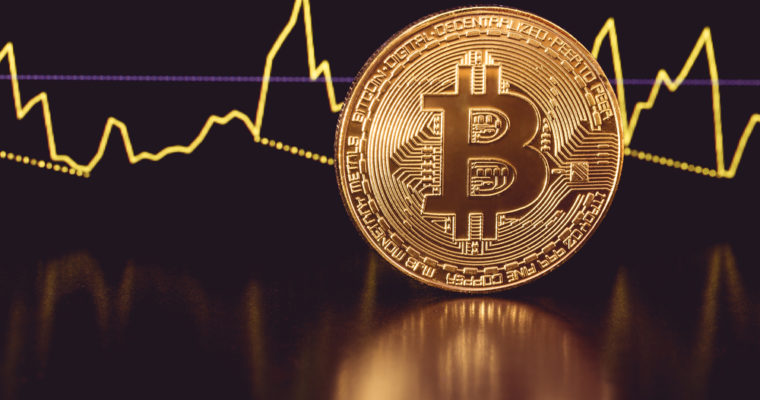OKEx to Roll Back ‘Irregular’ Futures Trades After Bitcoin Price Crashes Below $5,000

Cryptocurrency exchange giant OKEx is rolling back a series of Bitcoin futures transactions in response to an “irregular” sell-off that was localized to the trading platform.
The Hong-Kong based exchange announced on Friday that it would reverse transactions that occurred this morning between 4:47 am and 6:30 am Hong Kong Time (HKT) when Bitcoin futures inexplicably plunged as low as $4,755 on OKEx even as the global average Bitcoin price remained closer to $7,000.
Noting that prices on OKEx varied dramatically from other exchanges during this period, users alleged that market manipulation must be at play. Some even pointed the finger at the exchange itself.
The irregular trades had caused many futures traders to get margin called, liquidating their holdings. One trader — who allegedly lost more than 11 million yuan (~$1.8 million) during the liquidation event — stood outside the OKEx offices and threatened to commit suicide.
“In order to protect the interests of customers, after a careful discussion, OKEx will roll back weekly, weekly, and quarterly contract data for all currencies,” the company said in its statement, adding that the rollback was scheduled to occur at 3:30 pm HKT on Friday.
But though this specific sell-off was isolated to OKEx, the wider market has been in a steady downtrend that has quickened its pace in recent days.
At the time of writing, the Bitcoin price was trading at $6,897 on Bitfinex and has dipped as low as $6,614 during intraday trading. Bitcoin’s market cap is now just $117 billion, down from a December high above $325 billion.
A variety of large-cap altcoins — including Ether, Ripple, and Bitcoin Cash — are trading at or near their year-to-date lows, and while Bitcoin is still holding slightly above its 2018 floor, it risks dipping below it if the downtrend proceeds much further.
OKEx, meanwhile, currently ranks as the fourth most popular cryptocurrency exchange, with a daily trading volume of approximately $1.3 billion.